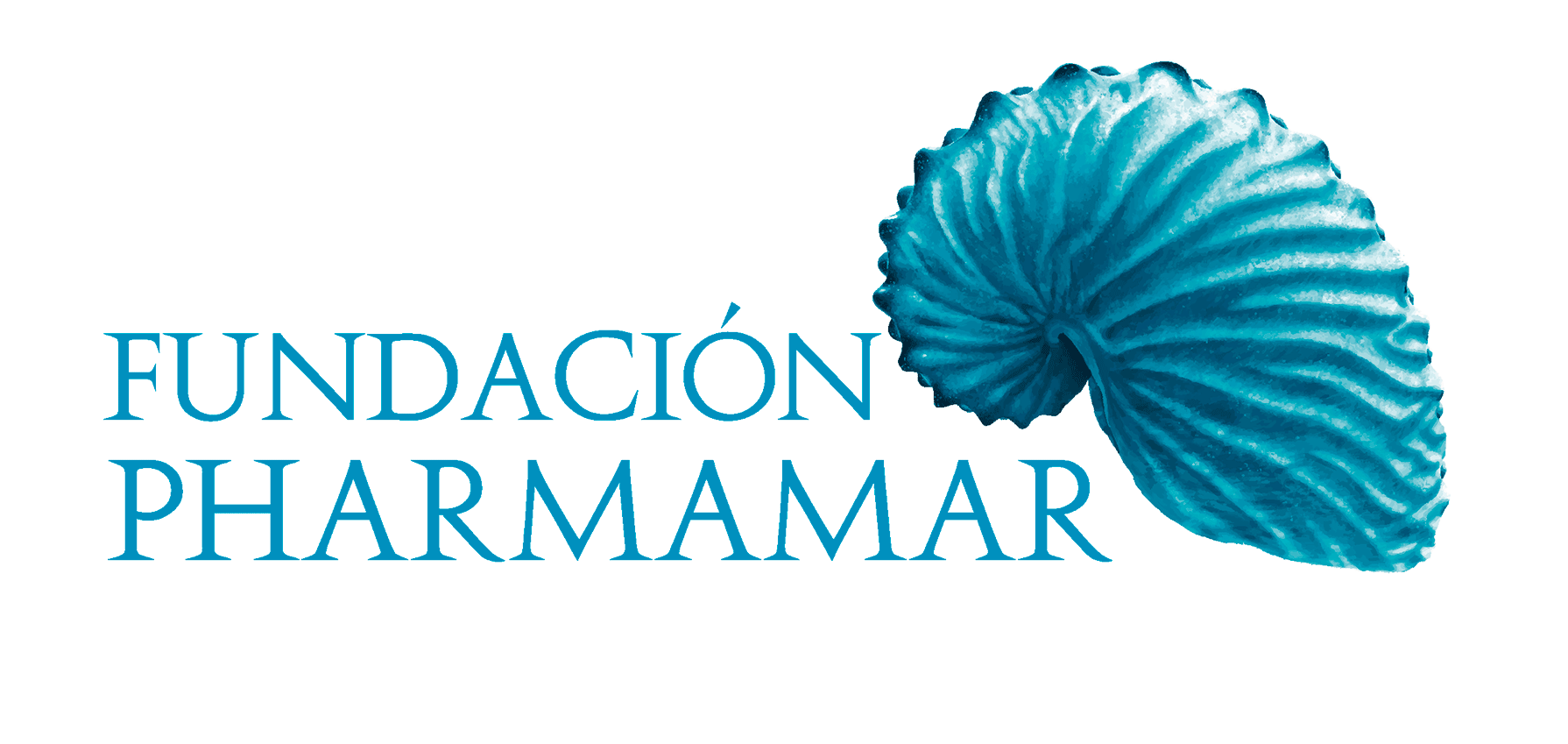The PharmaMar Foundation holds an international symposium in Madrid dedicated to Ewing’s sarcoma, a rare and aggressive tumor that mainly appears in the bones and soft tissues of children, adolescents, and young adults . This meeting brings together some of the world’s leading specialists to share the latest scientific and clinical advances, with the aim of pooling knowledge and promoting new lines of collaboration to further improve the diagnosis and treatment of this disease.
A tumor that appears during childhood
Each year, around 3 cases of Ewing sarcoma are diagnosed per million inhabitants. In this regard, one of the main conclusions of the meeting is that, although this tumor represents a small fraction of pediatric cancers, its aggressiveness and the complexity of its treatment make it a challenge and a top priority. Furthermore, its low incidence hinders research, clinical trials, and, consequently, the allocation of resources.
Dr. Patrick Grohar, from the Rogel Cancer Center at the University of Michigan (USA), explains that we do not know for certain why Ewing sarcoma affects this particular population group, although it is believed that “since this is a period of enormous growth for the individual, it allows tumors to form and cell mutations to be tolerated that would not be viable in other circumstances.”
Progress, but with challenges ahead
Experts agree that in recent years, significant advances have been made in both understanding and treating the disease. However, challenges remain, especially when the disease is in a metastatic state.
Dr. Enrique de Álava, Virgen del Rocío University Hospital, University of Seville, points out that recent studies have identified key mechanisms in tumor development, opening up opportunities for new therapeutic targets. “Ewing’s sarcoma is characterized by a very specific genetic alteration: the fusion of the EWSR1 and FLI1 genes. Understanding how this fusion protein works is allowing us to discover vulnerabilities in the tumor, such as its increased sensitivity to certain inhibitor drugs, and to find predictive biomarkers to guide treatment.”
Dr. Gregory Cote, of the Massachusetts General Hospital Cancer Center, underlines that “great progress has been made in the last 40 years, but we have reached a plateau in some respects. The combination of therapeutic strategies has achieved survival rates of up to 70% in children and young adults with localized disease and around 60% in patients over 20 years of age. However, progress beyond these figures has stalled and survival rates for patients with metastatic disease remain very low.”
Along the same lines, Dr. Javier Martín Broto, Jiménez Díaz Health Research Institute, states: “Ewing’s sarcoma requires highly specialized care. The challenge begins with diagnosis, which must be carried out in centers with experience in sarcomas and continues with treatment that must necessarily be in the hands of multidisciplinary teams with proven experience in managing this disease. Today, we have a therapeutic standard that allows for good results in a significant proportion of patients but there are still between 35 and 40% who do not overcome the disease. That is why it is crucial to continue researching, exploring new molecules, strategies and promoting international clinical trials.”
A meeting that seeks to join forces
The symposium brings together more than 200 experts from hospitals, research centers, and patient associations from 16 countries, positioning itself as one of the few meetings dedicated exclusively to Ewing sarcoma and highlighting the value of international collaboration. “To understand how to approach effective therapies for treating diseases, it is very important to understand at the molecular level what is happening in patients’ cells. That is why the PharmaMar Foundation has brought together leading experts on Ewing’s sarcoma from the United States and Europe to this symposium,” said José María Fernández Sousa-Faro, Chairman of the PharmaMar Foundation.
This meeting is part of the PharmaMar Foundation’s commitment to promoting research and disseminating science, contributing to the advancement of knowledge and the development of solutions for diseases that still pose major challenges.
About the PharmaMar Foundation
The PharmaMar Foundation aims to disseminate and promote research and scientific training. It is also committed to understanding and defending marine biodiversity in order to advance science and medicine.
In the area of training, it considers it particularly important for society to be aware of the main advances in the field of research and health. To this end, the PharmaMar Foundation has various initiatives, such as a series of scientific conferences, and collaborates with different institutions and organizations to disseminate information and specialized knowledge in the field of health and science.
Contact
Lara Vadillo – PharmaMar Communications Director
+34 669 47 18 03
Miriam Collados – PharmaMar Corporate Communications Manager
+34 609 60 83 20
comunicacion@fundacionpharmamar.com
